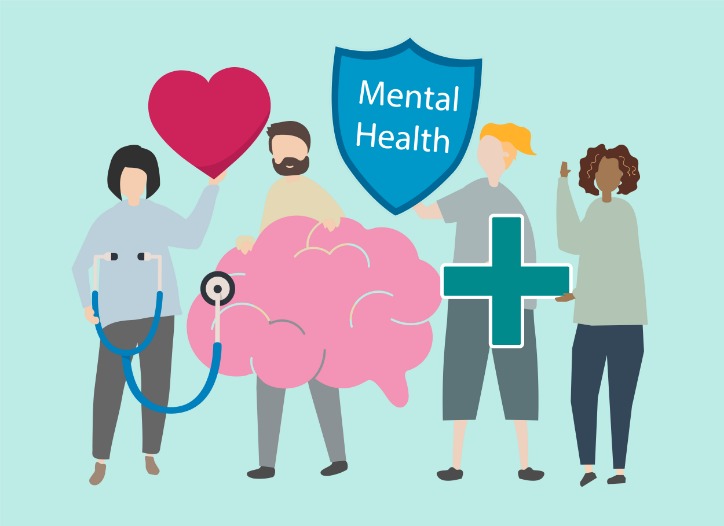Living with chronic pain can be challenging and debilitating, affecting every aspect of your life. Fortunately, there are various pain management techniques that can help individuals cope with their pain and improve their quality of life. By incorporating these techniques into your daily routine, you can experience relief and regain control over your pain.
The Importance of Pain Management
Chronic pain can have a significant impact on physical health, mental well-being, and overall quality of life. Untreated pain can lead to increased stress, fatigue, and mobility issues, making it essential to address pain management effectively.
Effective Pain Management Techniques
There are several effective pain management techniques that individuals can use to alleviate their pain and improve their daily functioning. These techniques include:
- Exercise: Regular physical activity can help reduce pain by promoting the release of endorphins, the body’s natural painkillers. Activities such as walking, swimming, and yoga can all help improve pain symptoms.
- Mindfulness and Meditation: Mindfulness techniques and meditation can help individuals manage their pain by promoting relaxation and reducing stress. These practices can also improve focus and mental well-being.
- Heat and Cold Therapy: Applying heat or cold to the affected area can help reduce pain and inflammation. Heating pads, ice packs, and hot/cold therapy creams can all be effective in managing pain.
- Acupuncture: Acupuncture is a traditional Chinese medicine practice that involves inserting thin needles into specific points on the body to reduce pain and promote healing. Many individuals find relief from chronic pain through regular acupuncture sessions.
- Cognitive Behavioral Therapy (CBT): CBT is a type of therapy that focuses on changing negative thought patterns and behaviors. This can help individuals develop coping skills and strategies to better manage their pain.
Read more about INTERVENTIONAL PAIN MANAGEMENT here.
Seeking Professional Help
If you are struggling to manage your pain effectively, it may be helpful to seek professional help from a healthcare provider or pain management specialist. They can work with you to develop a comprehensive pain management plan tailored to your specific needs and help you find relief from your pain.
By incorporating these pain management techniques into your daily routine and seeking professional help when needed, you can effectively manage your pain and improve your quality of life. Remember, you don’t have to suffer in silence – help is available to support you on your journey to pain relief.




